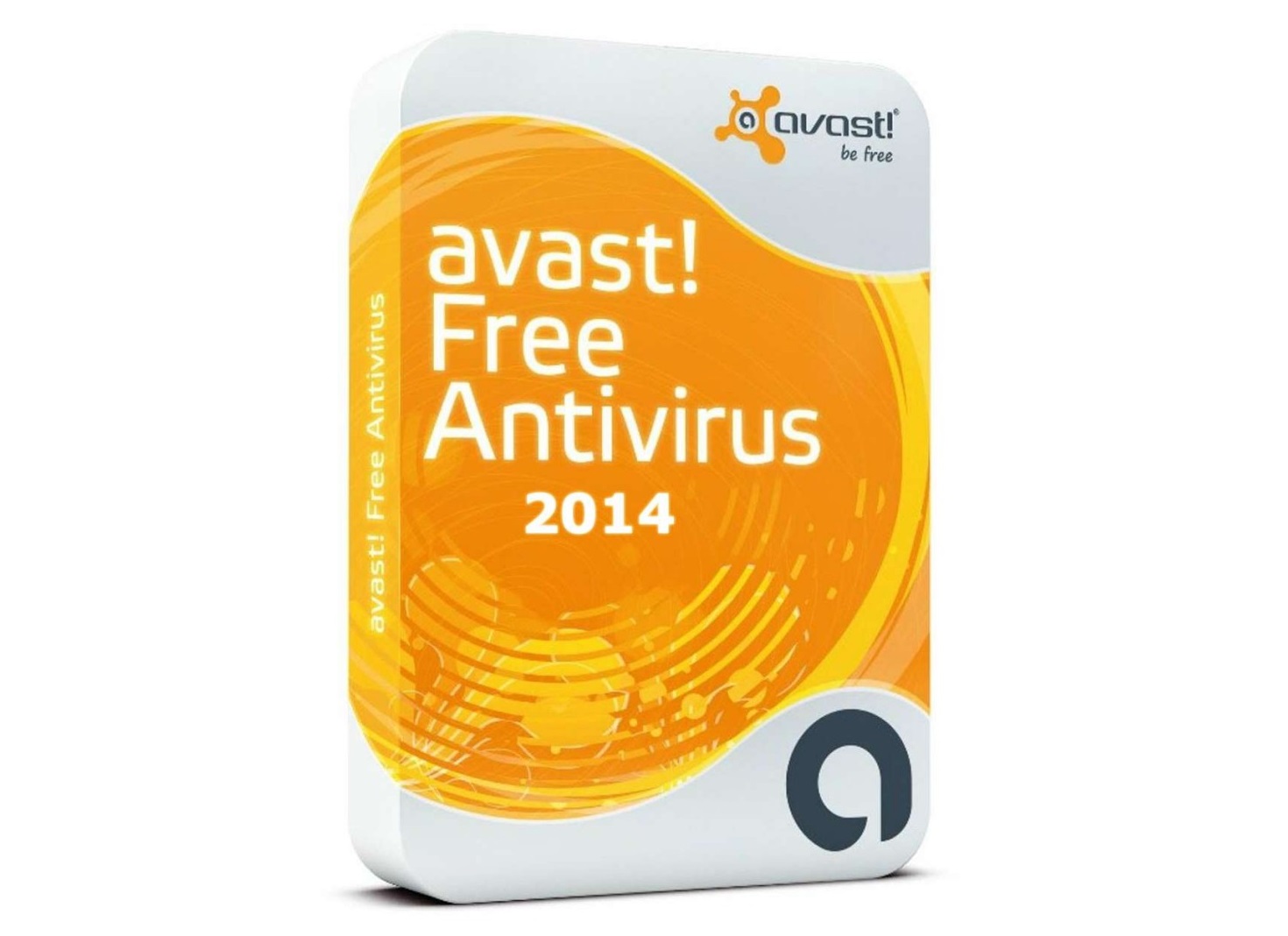

Avast, the Czech antivirus developer with a 25 year history, has launched Avast 2014 – the latest version of its ‘freemium’ online security software.
The first to use annual numbering, Avast 2014 features a redesigned user interface based on customer feedback, new Do Not Track plugins for all major browsers, 40 percent smaller footprint and the only boot-time scan in the antivirus market.
“If you shell out $50 for a product, then you probably won’t ditch it after the first time it will let you down. In the case of a free product, when there’s a problem, the first thing to do is to replace it with something else. Throughout the history of Avast Free, we managed to grow the user base substantially every year,” told TechWeekEurope Ondřej Vlček, CTO at Avast.
Avast (formerly ALWIL) was born in the communist state in 1988, after Pavel Baudiš, a researcher at Prague’s Mathematical Machines Research Institute, wrote a program to remove the Vienna Virus, and shared it with co-founder Eduard Kučera.
Avast currently protects around 200 million devices, with about 25 percent belonging to SMBs. The company collects data from this huge user pool, which is then analysed using proprietary machine-learning algorithms. It results in about 250 updates per day, issued round-the-clock at just a few kilobytes each.
Avast offers a completely free version of its antivirus since 2001, and currently sells three advanced versions priced from £29.99 to £49.99. CEO Vincent Steckler told TechWeekEurope that the free version is not “crippled in any way” since the company spends very little money on advertising, instead relying on word of mouth recommendations.
According to Vlček, the software’s community features are its “biggest differentiator”. For example, most of the 43 localised versions of Avast were translated by the community, and volunteers often serve as the first line of tech support.
Besides the core antivirus functionality, Avast 2014 can remove annoying, unnecessary browser toolbars and extensions, and comes with a free plugin that blocks phishing sites and helps against “typo squatting”. Meanwhile, the new Do Not Track plugins for major browsers can stop companies from harvesting data about user’s Internet browsing patterns.
Avast 2014 includes new remediation options, which allow user to create a bootable antivirus USB, CD or DVD to fix serious problems that have damaged the operating system. New software also introduces the Hardened Mode, which only executes files from a pre-defined whitelist.
Users who have subscribed to one of the three paid versions of Avast 2014 can access advanced features, such as SafeZone, which works like a secure browser for financial transactions and online shopping, helping safeguard against things like keyloggers and DNS poisoning.
But one of the most interesting additions to the paid versions has to be the SecureLine – a VPN that protects privacy and enables anonymous web surfing on a public connection. Five months after Edward Snowden first revealed the scope of NSA surveillance programmes, we bet this feature will prove quite popular with Avast customers.
How well do you know Internet security? Try our quiz and find out!
All Cybertrucks manufactured between November 2023 and February 2025 recalled over trim that can fall…
As Musk guts US federal agencies, SEC issues summons over Elon's failure to disclose ownership…
Moonshot project Taara spun out of Google, uses lasers and not satellites to provide internet…
Pebble creator launches two new PebbleOS-based smartwatches with 30-day battery life, e-ink screens after OS…
Amazon loses appeal in Luxembourg's administrative court over 746m euro GDPR fine related to use…
Nvidia, xAI to participate in project backed by BlackRock, Microsoft to invest $100bn in AI…